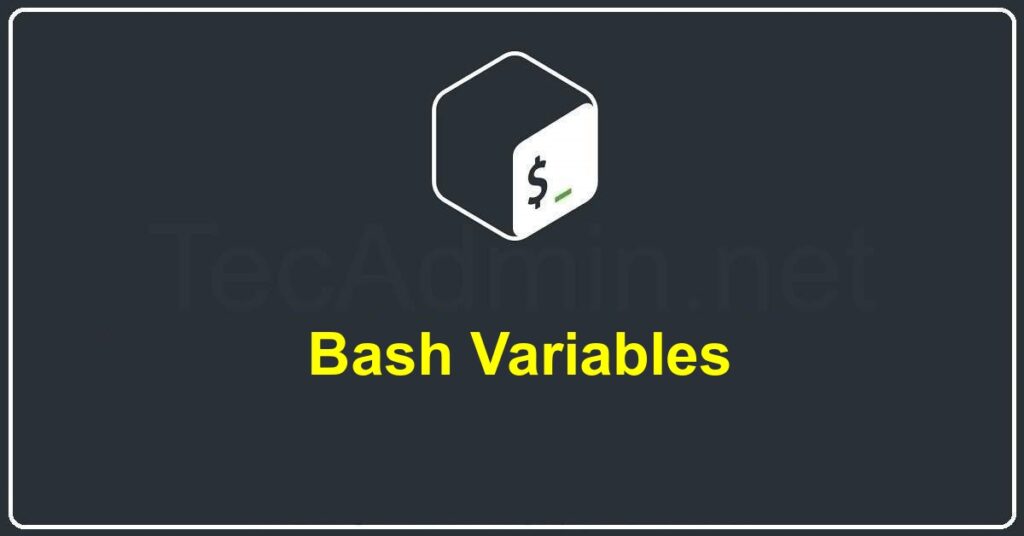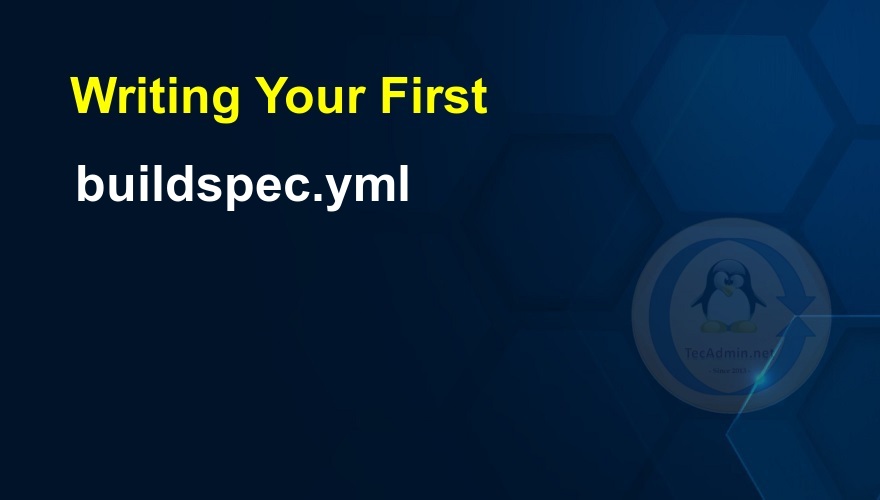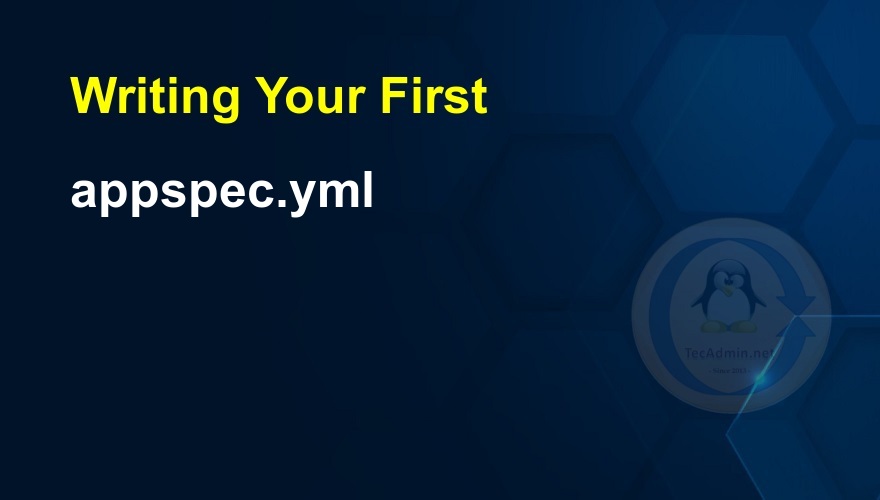Network administrators and security experts often need to scan ports to identify open or closed services and evaluate the security of their networks. While there are robust tools like nmap for this purpose, sometimes you might need to create a custom solution that fits your specific requirements. In this article, we will be discussing how to create a Bash script for scanning a range of ports. Basics of Port Scanning Port scanning is the act of systematically checking a system for open ports. A port in this context is a logical construct that identifies a specific process or a type…
Author: Rahul
Port scanning is a useful technique for exploring network systems and gathering information about the services they offer. Often, security professionals and system administrators use port scanning for diagnosing network problems, auditing network security, or discovering vulnerabilities. In this article, we will go through the details of how to create a simple port scanning program using Python. Python is an excellent language for this task due to its simplicity and the availability of several powerful libraries like socket that greatly simplify network-related tasks. Prerequisites Before we get started, make sure you have Python installed on your computer. You can download…
The world of web server management comes with its fair share of security concerns. Among these is the need to restrict access to certain HTTP methods on your server to prevent potential unauthorized actions. In this article, we will delve into the intricacies of how you can configure your Nginx web server to allow only GET and POST methods, which are the most common HTTP methods for web applications. Before we start, it’s crucial to understand what GET and POST methods are. The GET method retrieves data from a specified resource, while the POST method submits data to be processed…
Apache HTTP Server, colloquially known as Apache, is one of the most popular and widely used web server software systems in the world. It offers numerous features, including the ability to restrict access to resources based on HTTP methods. This can be particularly important in cases where you want to allow only certain types of HTTP requests, like GET and POST, for reasons related to security or application logic. In this article, we will discuss how to configure an Apache web server to only allow GET and POST methods. The process involves editing the Apache configuration file, which can be…
Bash is a powerful shell scripting language that provides a wide range of commands for various operations. One of the most important commands in Bash is the “expr” command, which is used for performing basic arithmetic operations and string manipulation. The “expr” command allows you to perform mathematical calculations, evaluate expressions, and manipulate strings in a Bash script. The “expr” command is a part of the coreutils package, which is installed by default on most Unix-based systems, including Linux and macOS. It takes one or more arguments as input, and based on the type of input, it performs the appropriate…
In our previous article, we discussed the differences between local and global Bash variables (you can read it here). Building upon that understanding, today, we will dive deeper into the world of Bash scripting, focusing on Bash variables. We will explore the rules of defining variables, operations we can perform on them, and how they interact with your scripts. What are Bash Variables? Bash variables are a type of data reserved in memory. These variables can hold information like text strings, numbers, or any other type of data. Variables are essential in Bash scripts as they allow for the creation…
In programming languages, variables are named containers that store values. They are the backbone of any program, allowing us to create dynamic scripts. In Bash scripting, we have two main types of variables – Global and Local. This article will offer a deep dive into these types, showing you how to declare, use, and manipulate them. Introduction to Bash Variables In Bash (Bourne Again SHell), a shell for the GNU operating system, variables are utilized to store data. Their names are case-sensitive and traditionally are capitalized, although lower case names are also allowed. To assign a value to a variable,…
Amazon Web Services (AWS) is a highly popular suite of cloud services, and AWS CodeBuild is one of the essential tools in its arsenal. A key component in AWS CodeBuild projects is the buildspec.yml file, which provides a sequence of instructions necessary for building and testing your software. If you are a novice stepping into AWS CodeBuild, this guide will provide a step-by-step process to master the basics of writing your first buildspec.yml file. Understanding a buildspec.yml File The buildspec.yml file is a collection of build commands and related settings in YAML format used by AWS CodeBuild to run a…
The appspec.yml file, a cornerstone of AWS CodeDeploy, is an essential element for deploying applications on AWS instances. Whether you’re an experienced AWS user or someone just starting out, understanding how to write your first appspec.yml file is vital to the deployment process. This guide will walk you through the basics of crafting your initial appspec.yml file, setting you on a path to mastering AWS CodeDeploy. Understanding the appspec.yml File Before diving into writing, it’s crucial to understand what an appspec.yml file is and its role in AWS CodeDeploy. The appspec.yml file serves as the blueprint for the deployment process.…
Terraform, an open-source infrastructure as code (IaC) tool developed by HashiCorp, has rapidly gained popularity due to its simplicity, versatility, and cloud provider agnosticism. At the heart of Terraform’s configurability are its variables. This article delves into the specifics of Terraform variables, including their use cases, configuration parameters, and practical examples. Understanding Terraform Variables Terraform variables serve to make the Terraform scripts more flexible and adaptable. They can be utilized to tailor resources and configurations based on the user’s requirements, making code more maintainable and re-usable. You can define Terraform variable in many ways, like: in configuration file, dedicated file,…




